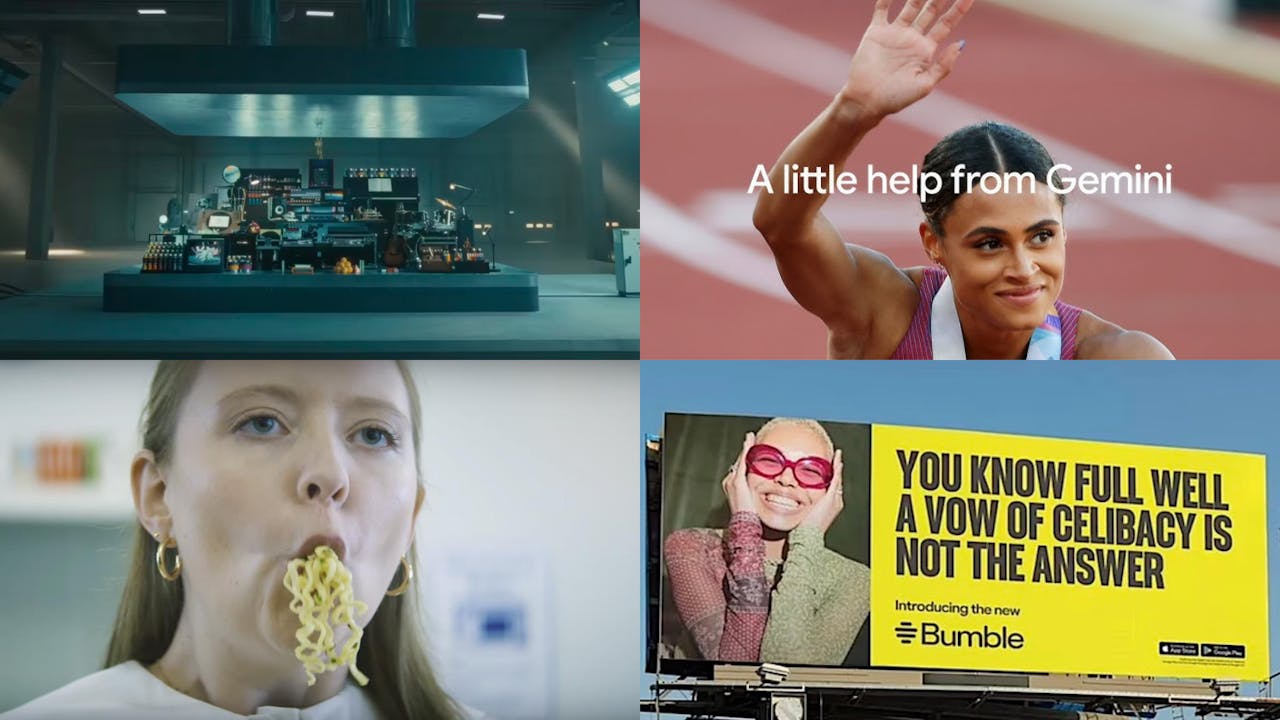
"The audio quirk designed to showcase the product's satisfying taste, wasn't to everyone's taste. While some found the ad humorous, many criticized it for being unpleasant and disruptive. The backlash led to the creation of a "slurpless" version, which failed to quiet the controversy entirely. The brand dialed the slurp down, likely in a fully tongue-in-cheek manner, for future TVCs. And it also built on the notoriety with an "apology" campaign."
"As part of its transition to an all-electric luxury brand, Jaguar released the 'Project Roar' campaign, showcasing abstract visuals, cryptic copy, and fashion-forward aesthetics. Critics argued that the campaign distanced the brand from its automotive roots and alienated loyal customers. While it garnered attention, many questioned if it resonated with Jaguar's core audience. Lesson: The campaign does alienate the core audience. Ask yourself why a struggling auto business would dare do that. The classic cars still exist for the fans of its legacy."
Advertising must make an impact to be remembered, and some brands deliberately court controversy to move sales. Pot Noodle used an exaggerated slurp sound to signal satisfaction, provoking complaints from viewers, including those with misophonia, and prompting a "slurpless" version and an apology-style follow-up. Jaguar's 'Project Roar' rebrand pursued an all-electric, fashion-forward identity with abstract visuals and cryptic copy, drawing attention but alienating loyal customers who felt the brand drifted from its automotive roots. Both examples show that attention-driven creative can generate notoriety and require careful audience alignment and damage control.
Read at The Drum
Unable to calculate read time
Collection
[
|
...
]